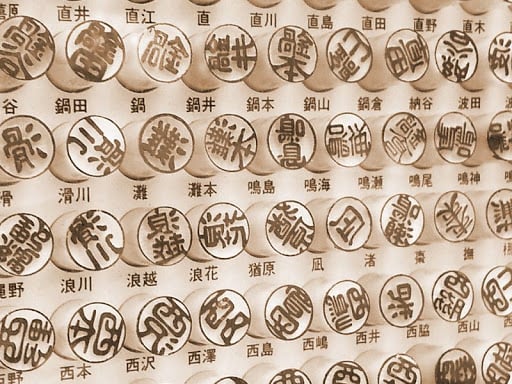Japanese name
Not to be confused with Names of Japan.
Yamada Tarō (山田太郎), a Japanese placeholder name (male), equivalent to John Smith in English. The equivalent of Jane Smith would be Yamada Hanako (山田花子).
Japanese names (日本人の氏名, Nihonjin no Shimei) in modern times consist of a family name (surname), followed by a given name; in that order. Nevertheless, when a Japanese name is written in the Roman alphabet, ever since the Meiji era official policy has been to cater to Western expectations and reverse the order, but as of 2019 the government has stated its intention to change this policy. Japanese names are usually written in kanji, which are characters usually Chinese in origin but Japanese in pronunciation. The pronunciation of kanji Japanese … Continue Reading (31 minute read)
